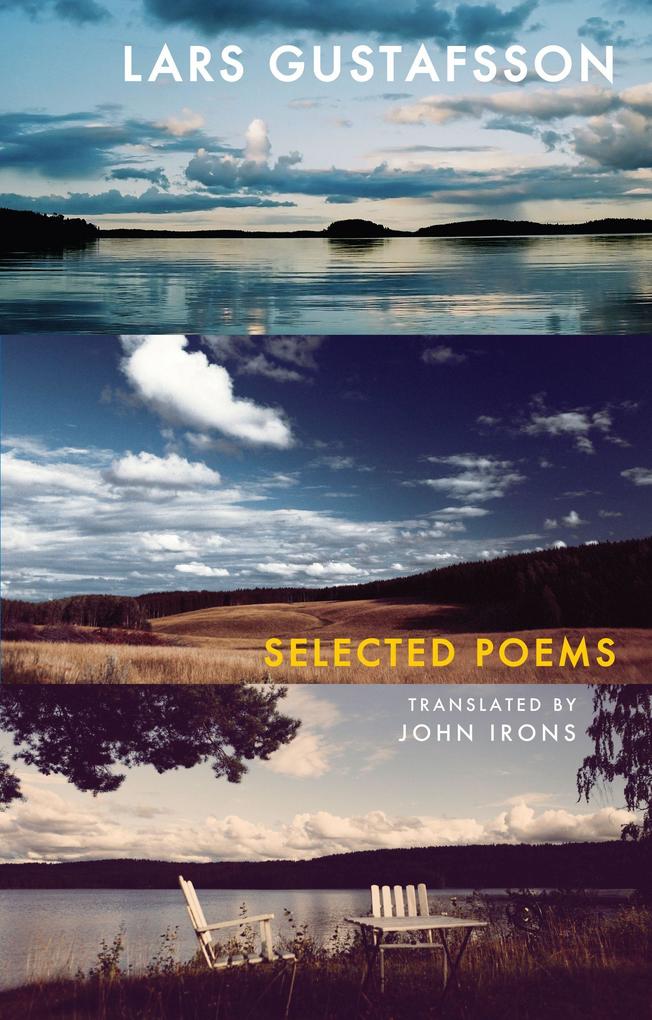
Zustellung: Mi, 22.01. - Di, 28.01.25
Versand in 3-4 Wochen
VersandkostenfreiBestellen & in Filiale abholen:
Poet, novelist, and philosopher Lars Gustafsson (1936-2016) was one of Europe's leading literary figures. Much of his writing is concerned with the search for moral consciousness and the relationship between personal experience and self-awareness, imbued with a philosophically founded scepticism toward language. His poetry is renowned for relating the metaphysical to the mundane with a particular clarity and precision, illuminating the potency of ordinary objects and everyday events as he addresses critical issues that have concerned great thinkers over the centuries. Introduction by Per Wåstberg. Poetry Book Society Recommended Translation. Shortlisted for the Bernard Shaw Prize 2018 (for Translation from Swedish).
Produktdetails
Erscheinungsdatum
12. November 2015
Sprache
englisch
Seitenanzahl
176
Autor/Autorin
Lars Gustafsson
Übersetzung
John Irons
Verlag/Hersteller
Produktart
kartoniert
Gewicht
280 g
Größe (L/B/H)
213/135/14 mm
ISBN
9781852249977
Entdecken Sie mehr
Bewertungen
0 Bewertungen
Es wurden noch keine Bewertungen abgegeben. Schreiben Sie die erste Bewertung zu "Selected Poems" und helfen Sie damit anderen bei der Kaufentscheidung.









